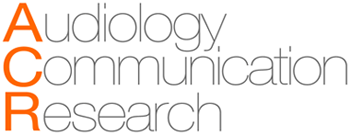ABSTRACT
Introduction:
The clinical practice of speech pathology in hospitals shows that there is a high prevalence of dysphagia in post-stroke patients.
Purpose:
To verify whether the time of occurrence, type of stroke, affected hemisphere, severity of neurological deficit, presence or absence of dysphagia, and degree of dysphagia interfere with tongue pressure in post-stroke patients.
Methods:
This study was conducted in 31 stroke patients. Three evaluations were performed, one of tongue mobility, another of dysphagia, and another of tongue pressure using the Iowa Oral Performance Instrument. Three measurements were performed of anterior and three of posterior tongue pressure. Data were analyzed using appropriate statistics, considering a significance level of 5%.
Results:
Only the presence of dysphagia was associated with tongue pressure. Post-stroke patients with dysphagia had lower anterior and posterior tongue pressure (mean and maximum) than those without dysphagia. The time of occurrence, type, and affected hemisphere of the stroke and severity of the neurological deficit were not associated with tongue pressure. Regarding the degree of dysphagia, of the 15 participants who had swallowing difficulties, 14 were classified with mild and one with moderate dysphagia.
Conclusion:
Dysphagia was the most important factor in the decrease of tongue pressure in post-stroke patients.
Keywords:
Tongue; Muscle strength; Deglutition disorders; Stroke
